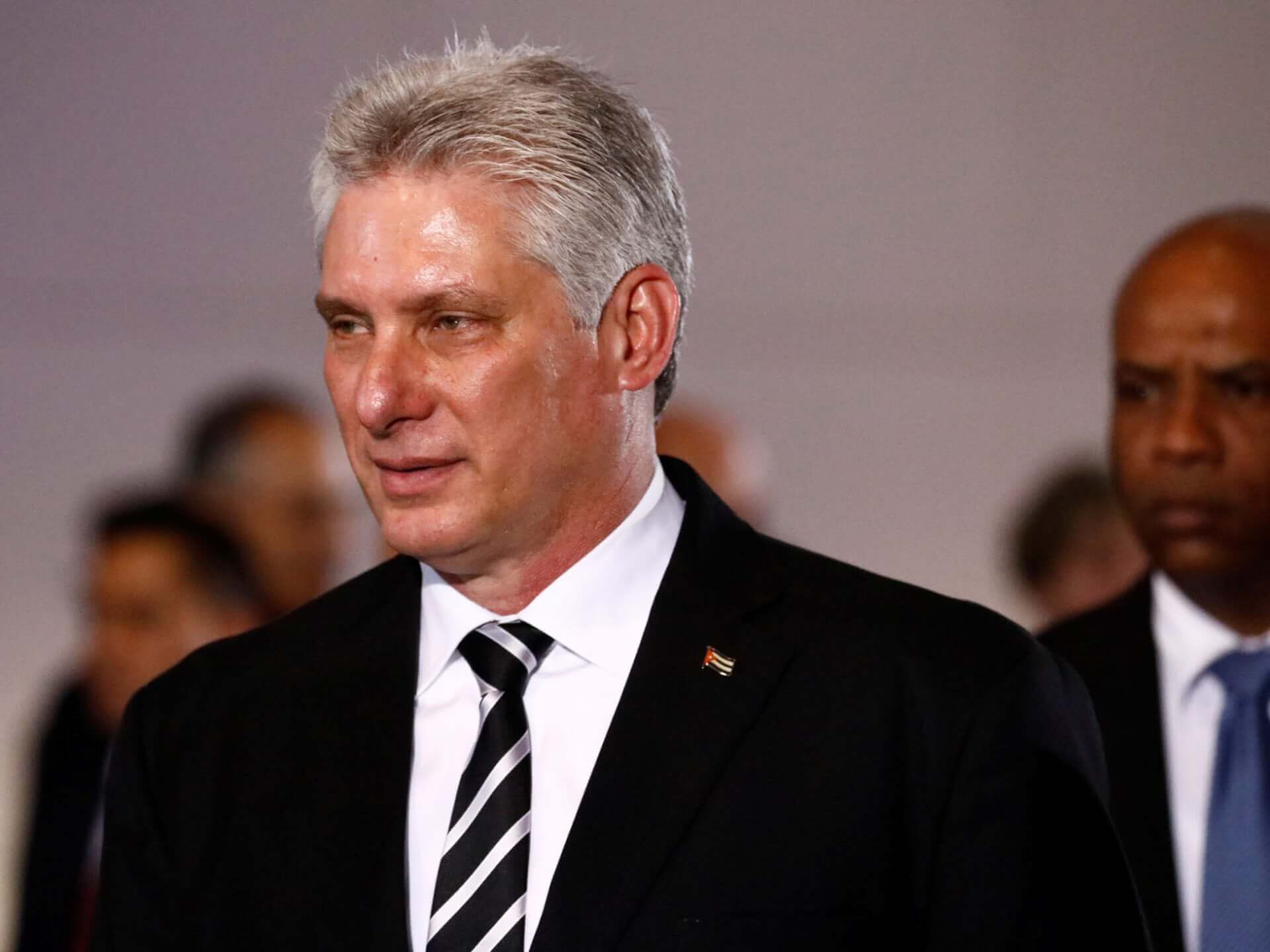Cuba has reacted strongly to the Trump administration’s decision to add it to Washington’s state sponsor of terrorism (SST) list, and expressed hope that this measure will be undone under the incoming administration of President-elect Joe Biden.
Cuban President Miguel Díaz-Canel “firmly and absolutely” rejected the new designation, which he argued “exposes Washington’s double standards”, saying, “To claim that Cuba sponsors terrorism is Donald Trump administration's height of cynicism. The blockade that it imposes and strengthens against Cuba is in itself State terrorism.” Likewise, Foreign Affairs Minister Bruno Rodríguez Parrilla described the move as ‘opportunistic’.
Others within the Cuban government attempted to strike a more cordial and optimistic note. For example, the director-general of the US department in Cuba’s foreign ministry, Carlos Fernández de Cossío, said, “We are convinced that President Biden and his team know perfectly and recognize that Cuba is not and has not been a sponsor of terrorism,” adding, “And we trust that this truth will have a certain influence on the government team that enters next January 20.”
On Monday, the Trump administration re-added Cuba to the US’ SST list, slamming the Caribbean island with new sanctions. In fact, the Obama administration only removed Cuba’s designation in 2015 after ties were first frozen back in 1959 when erstwhile leader Fidel Castro ascended to power. The latest sanctions introduce a host of new restrictions on travel from the US to Cuba as well as financial transfers between the two countries.
Secretary of State Mike Pompeo justified the decision by saying that Cuba continues to “harbour” US fugitives, refuses to extradite a number of Colombian guerrilla commanders, and supports the illegitimate regime of Venezuelan President Nicolás Maduro. Thus, Pompeo announced that Cuba would be added to the SST once again for “repeatedly providing support for acts of international terrorism in granting safe harbor to terrorists”, interfering in Venezuela “and the rest of the Western Hemisphere”, and for “supporting international terrorism and subverting US justice”.
Alongside a host of new sanctions on Venezuela, Iran, and Nicaragua, the new sanctions on the Cuba represent the Trump administration to make multiple significant foreign policy moves before Biden takes office on January 20. Some political experts argue that this will “really slow any thaw in relations with the Biden administration”.
Some former US diplomats have even said that “there simply was not a good argument to be made that Cuba actually sponsored terrorism,” adding, “"I don't know of anything that has changed since then in real terms -- they're just reinterpreting things to suit politics.”
However, this latest measure follows the decision to add Cuba to the list of countries who are “not cooperating fully with U.S. counterterrorism efforts” alongside Iran, North Korea, Syria, and Venezuela back in May 2020. Therefore, given t that Syria, Iran, and North Korea are already on the US’ SST list, Cuba’s addition is perhaps not altogether surprising.
Cuba Strongly Rejects US Decision to Designate it as State Sponsor of Terrorism
Cuban officials decried the “double standards” of the decision that they described as “political opportunism”, and expressed hope that the measures would be undone under the Biden administration.
January 13, 2021

IMAGE SOURCE: MARCO BELLO / REUTERSCuban President Miguel Díaz-Canel
